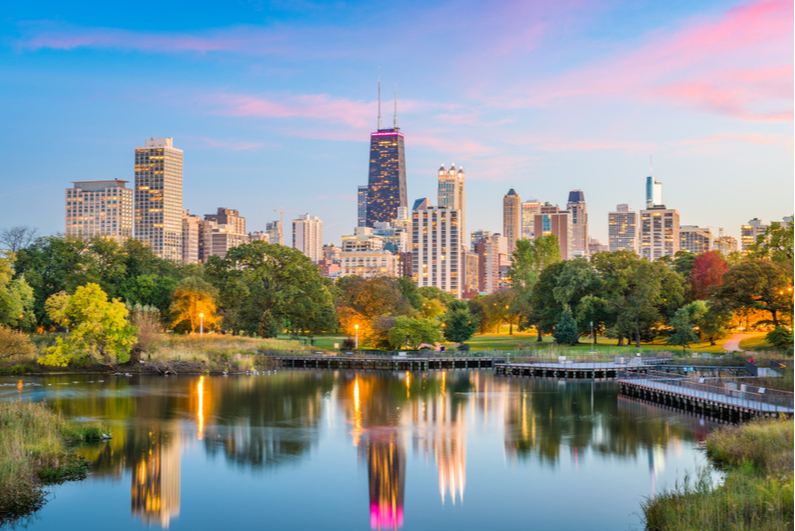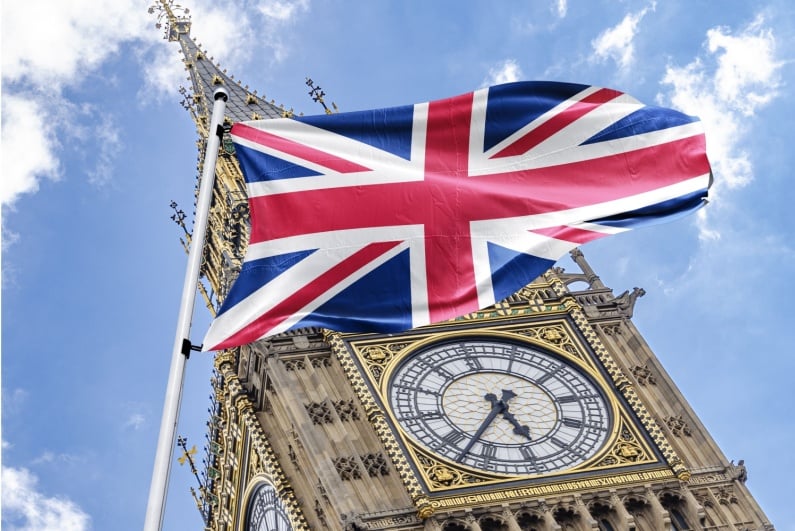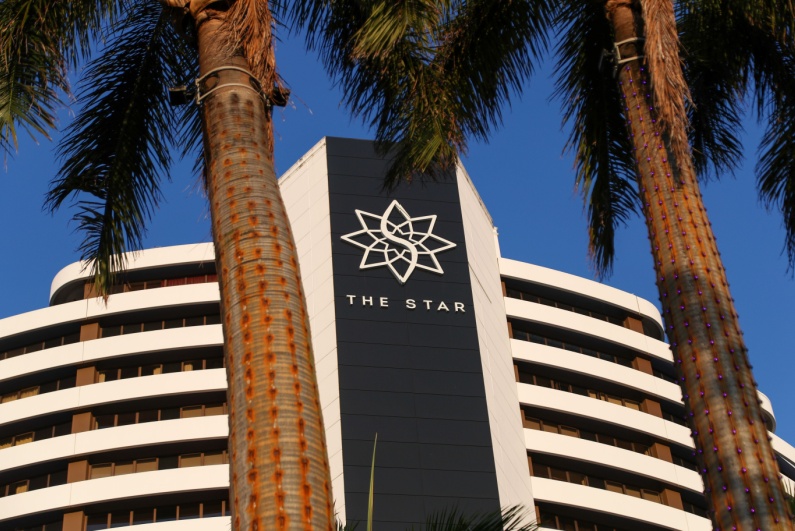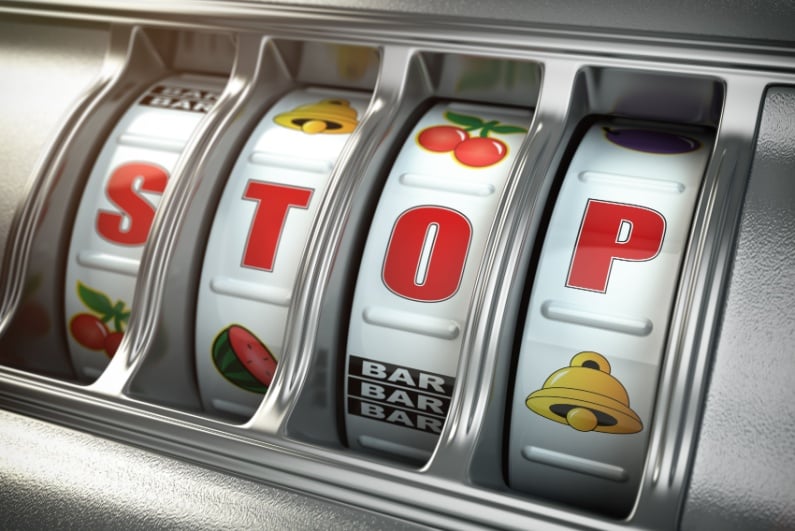Update December 8, 2021: Plans to allow sports betting at Wrigley Field and other areas have stalled after a City Council committee took issue with the proposal on Tuesday. Officials questioned whether the sportsbook plan would hurt tax revenue from casinos. They have requested evidence from Mayor Lightfoot to prove that this wouldn’t be the case.
A lot to lose
Casino magnate Neil Bluhm does not believe that the city of Chicago’s proposal to have its own 2% tax on gross sports betting revenues is going to do much to negate the negative impact that legal sports betting in the city would have on a new casino. This proposal would mean that the total tax for sports betting in the city would be 19%. The proposal is part of a revised ordinance that is set to get approval from the City Council this week.
sports betting is legal in Illinois, but only outside of the city of Chicago
Currently, sports betting is legal in Illinois, but only outside of the city of Chicago. Bluhm believes that allowing sports betting in the city would have a significantly negative impact on the planned casino in Chicago. Mayor Lori Lightfoot has stated that there is no hard evidence that shows that this would be the case.
A major issue facing a Chicago casino project
Bluhm is a co-founder and current chairman of Rush Street Gaming, which is one of a few groups that are looking to build a casino in Chicago. Bluhm believes that the 2% tax on sports betting would only generate about $1m for the city. He has pointed toward studies that show that lost casino revenue from allowing sports betting in Chicago could be upwards of $12m annually.
He said: “While people are betting on sports at Wrigley Field or United Center — fantastic locations [that] will open two-and-a-half years before a casino, so people will be used to going there — they won’t be at the casino.”
When people place sports bets at a casino, Bluhm added, they often wander around and play games like slot machines, roulette, and blackjack.
Bluhm has also rejected suggestions that the 2% city tax would benefit his Rivers Casino in Des Plaines
Bluhm has also rejected suggestions that the 2% city tax would benefit his Rivers Casino in Des Plaines, as it would not be subject to the additional tax. He stated that this property is nearly 20 miles from Chicago and has nothing to do with the matter.
Bluhm has said that Rush Street Gaming has not yet decided if it will withdraw from the bidding process for the Chicago casino if the revised sports betting ordinance gets approval. Many major casino companies have already ruled out submitting a bid for this casino project due to high tax rates.
Important vote this week
Before the proposal to introduce a 2% city tax on sports betting revenue, potential Chicago sportsbooks were facing a state tax of 15% and a Cook County tax of 2%. Talking about the reasoning behind the city tax, Mayor Lightfoot said: “It’s only fair that the city of Chicago also obtain revenues as a result of this new venture by the sports teams.”
Some people believe that introducing even higher taxes on sports betting will just drive people to place bets online rather than through retail sportsbooks. Over 86% of people in Illinois already reportedly place bets via online sportsbooks. The 17% sports betting tax rate that is already in place in Cook County is currently the sixth highest in the nation.
In order to remove the ban on sports betting in Chicago, 26 Council votes need to be in favor of the ordinance. The main sponsor of the ordinance is Walter Burnett, who believes that the 2% city tax is necessary in order to get the required number of votes to pass the measure.
Sports teams in favor of legal betting in Chicago
The city’s major sports teams are strongly in favor of allowing sports betting to take place at their stadiums. MLB’s Chicago Cubs has already signed a $100m partnership agreement with DraftKings which would see DraftKings opening the first retail sportsbook at an MLB facility in the US if legal sports betting becomes a reality in Chicago.
Sports betting would be permitted at Wrigley Field, Soldier Field, Guaranteed Rate Field, Wintrust Arena, and the United Center as part of the ordinance. It would also be allowed within a five-block radius of the stadiums, at a Chicago casino, and inside inter-track betting facilities.



